Are your tile surfaces looking dull or stained despite regular cleaning? Over time, porous tile and grout can absorb spills and dirt, diminishing their appearance. Tile sealing applies a protective layer, blocking contaminants and simplifying maintenance. Discover how professional sealing preserves the look and longevity of your tile investment in East Village.
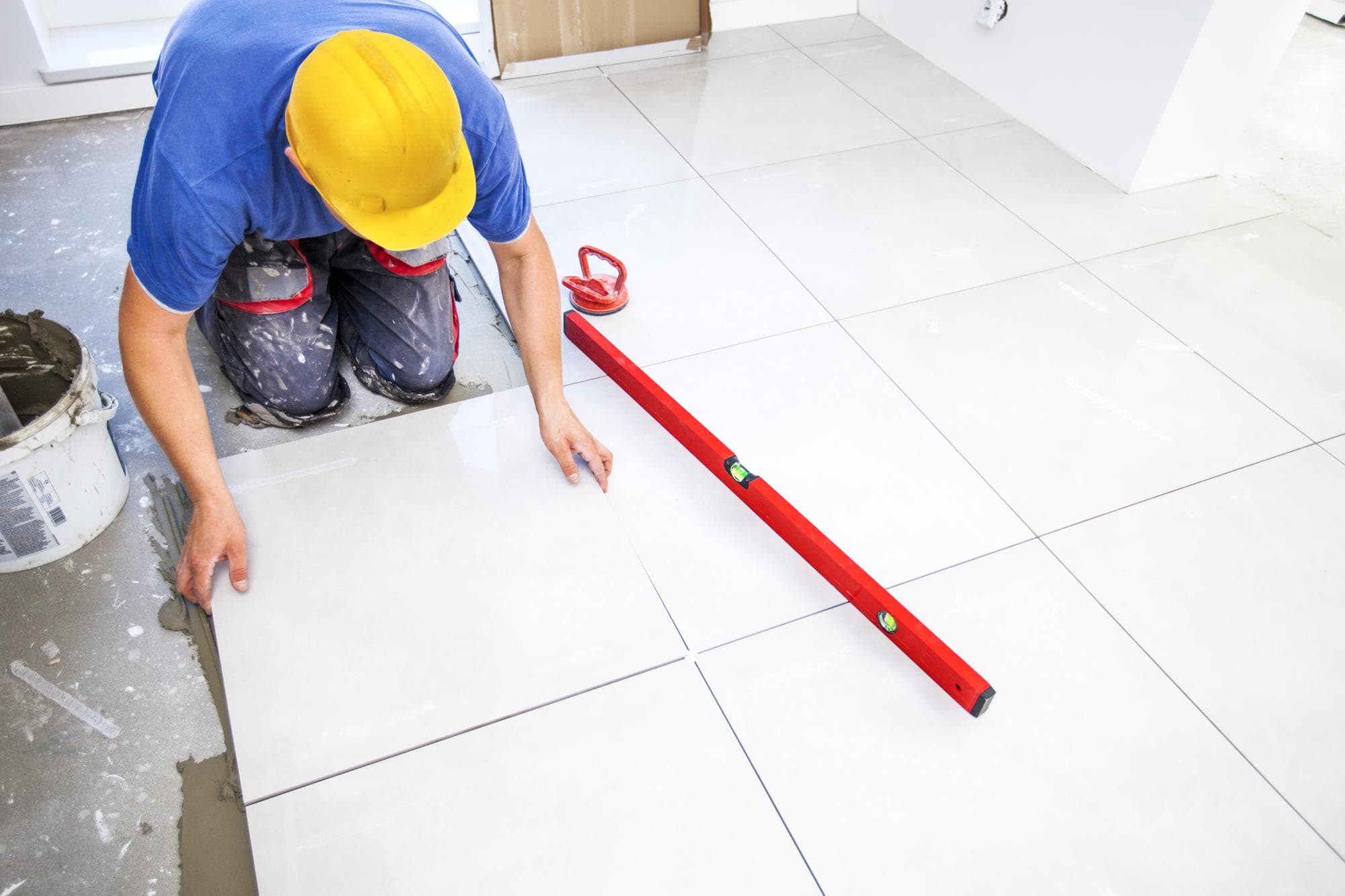
Hear from Our Customers
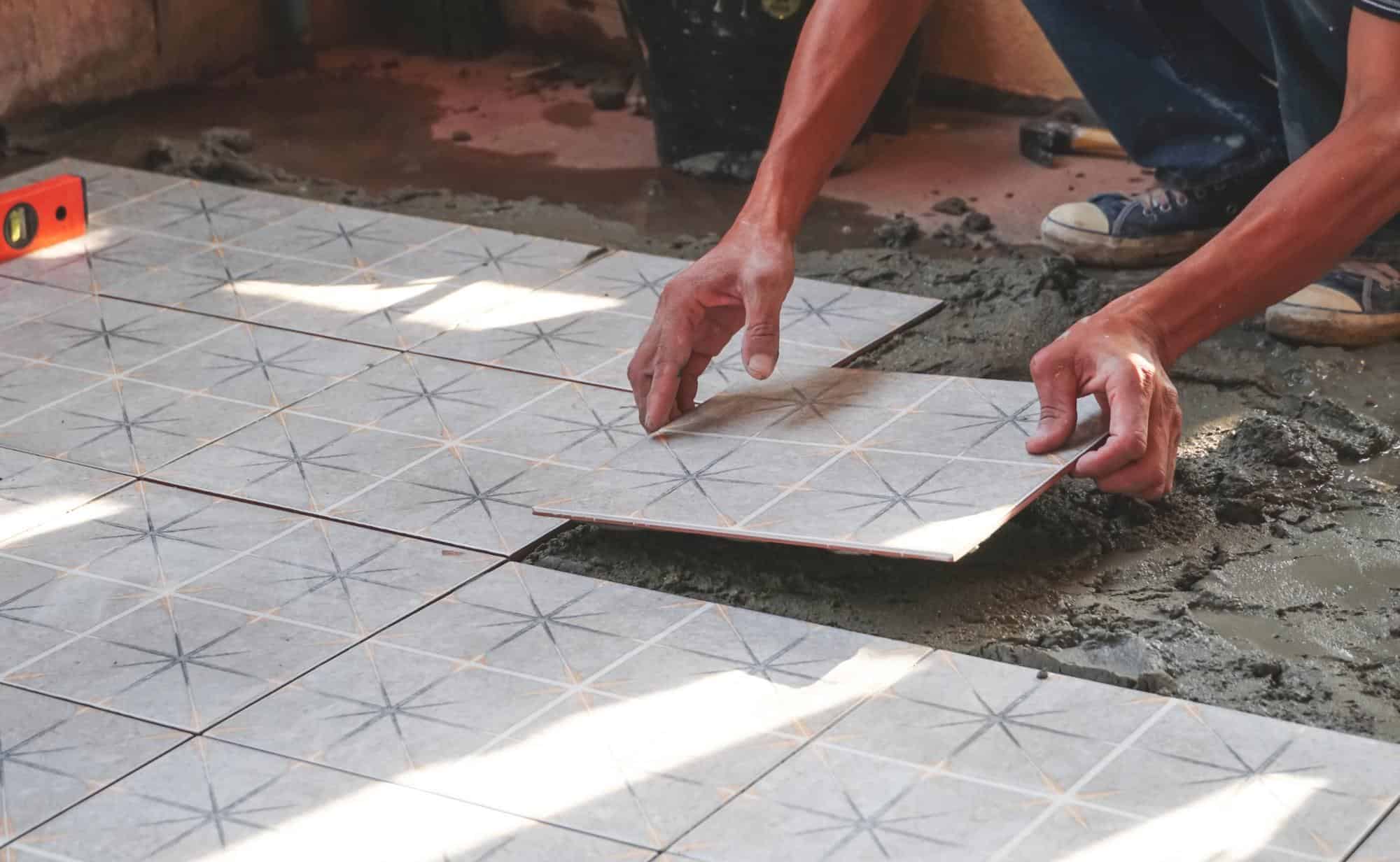
Whether it’s a busy household kitchen or a high-traffic commercial lobby, tile surfaces face daily challenges. Materials like ceramic and porcelain, while durable, often have porous grout lines susceptible to staining. Residential tile sealing focuses on areas like kitchens and bathrooms, safeguarding against spills and humidity. Commercial tile sealing is vital for maintaining a clean appearance in business settings with constant foot traffic.
Diamond Stone Restoration Corp recognizes the distinct needs of different environments in East Village. The approach involves meticulous surface preparation, including deep cleaning to remove existing grime. Selecting the appropriate sealant type, whether penetrating for deep protection or topical for surface gloss, depends on the tile material (like ceramic tile sealing or porcelain tile sealing) and usage, ensuring optimal results for your specific space.
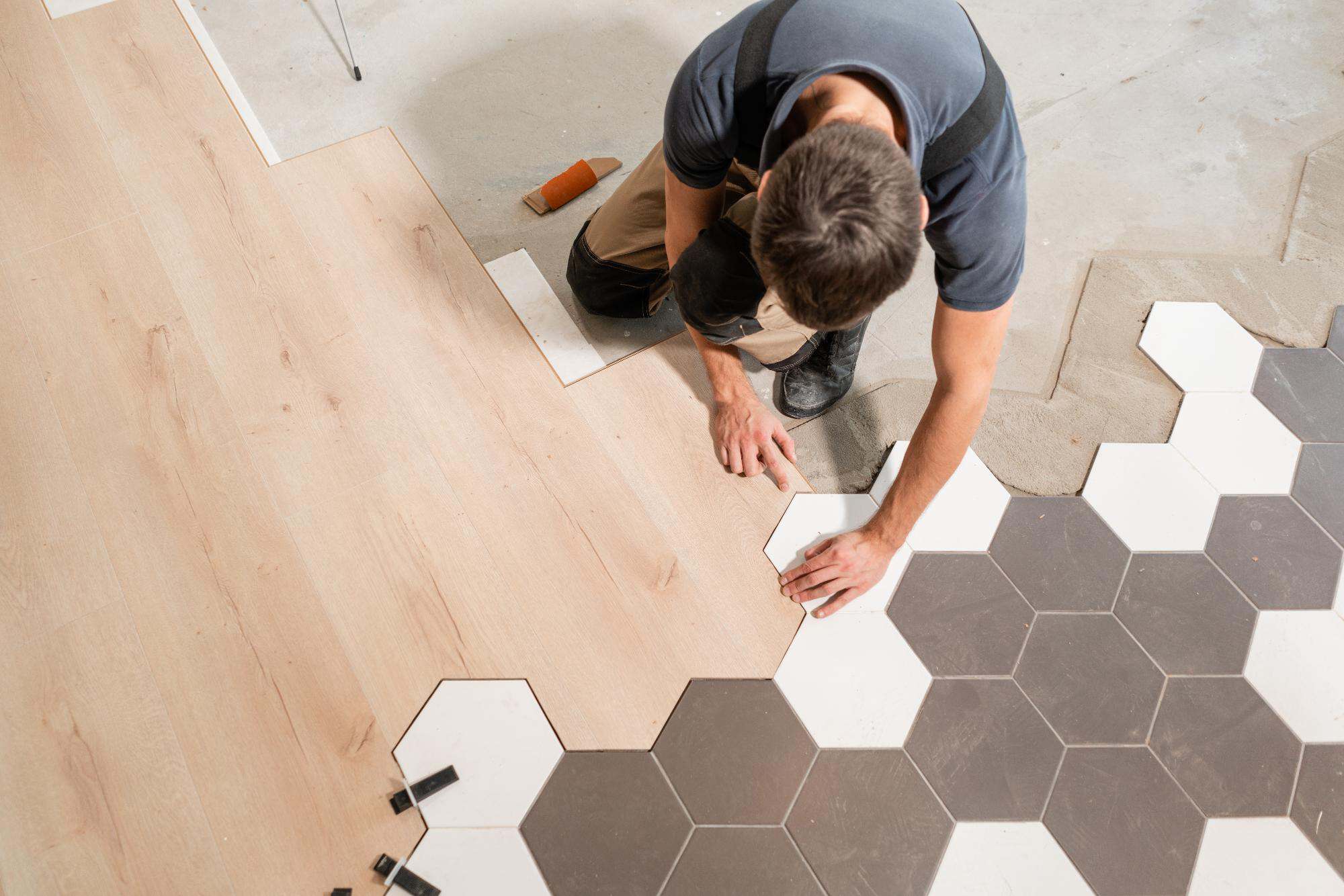
Achieving long-lasting protection involves a clear process focused on preparation and application. Our professional tile sealing services follow these key steps:
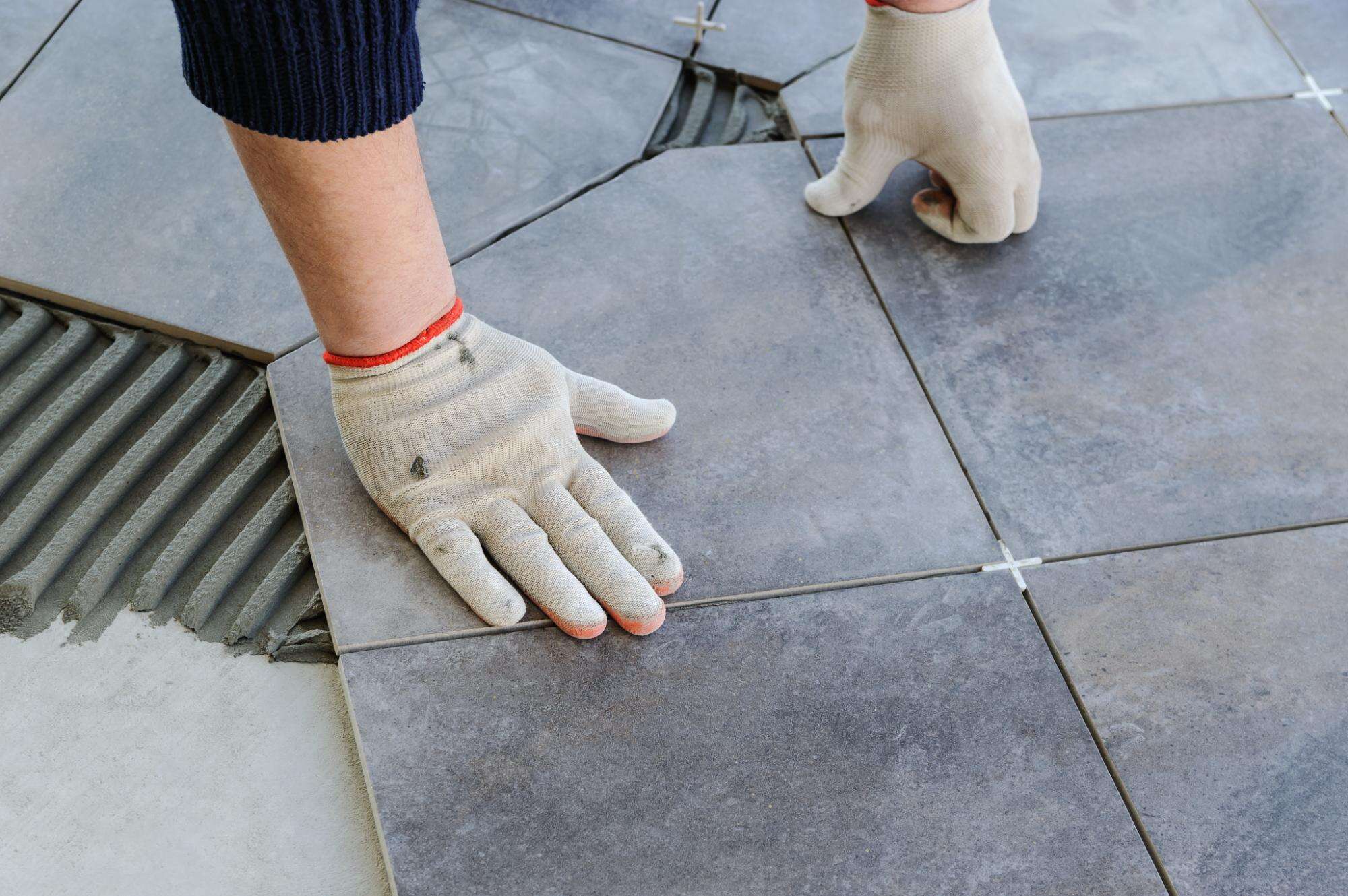
Ready to get started?
Tile sealing isn’t just about aesthetics; it’s about preserving the condition of your surfaces. Different sealants offer varied types of protection. Penetrating sealers soak into the grout and porous tile, creating an invisible shield against moisture and stains from within. Topical sealers form a protective film on the surface, which can add a slight sheen and wear layer, often reapplied more frequently in high-traffic zones. The choice depends on your tile type (ceramic, porcelain, natural stone) and the area’s use. Proper application techniques, whether using rollers, brushes, or sprayers, are adapted for maximum effectiveness and longevity in your NY property. Contact Diamond Stone Restoration Corp today to discuss your tile sealing needs.
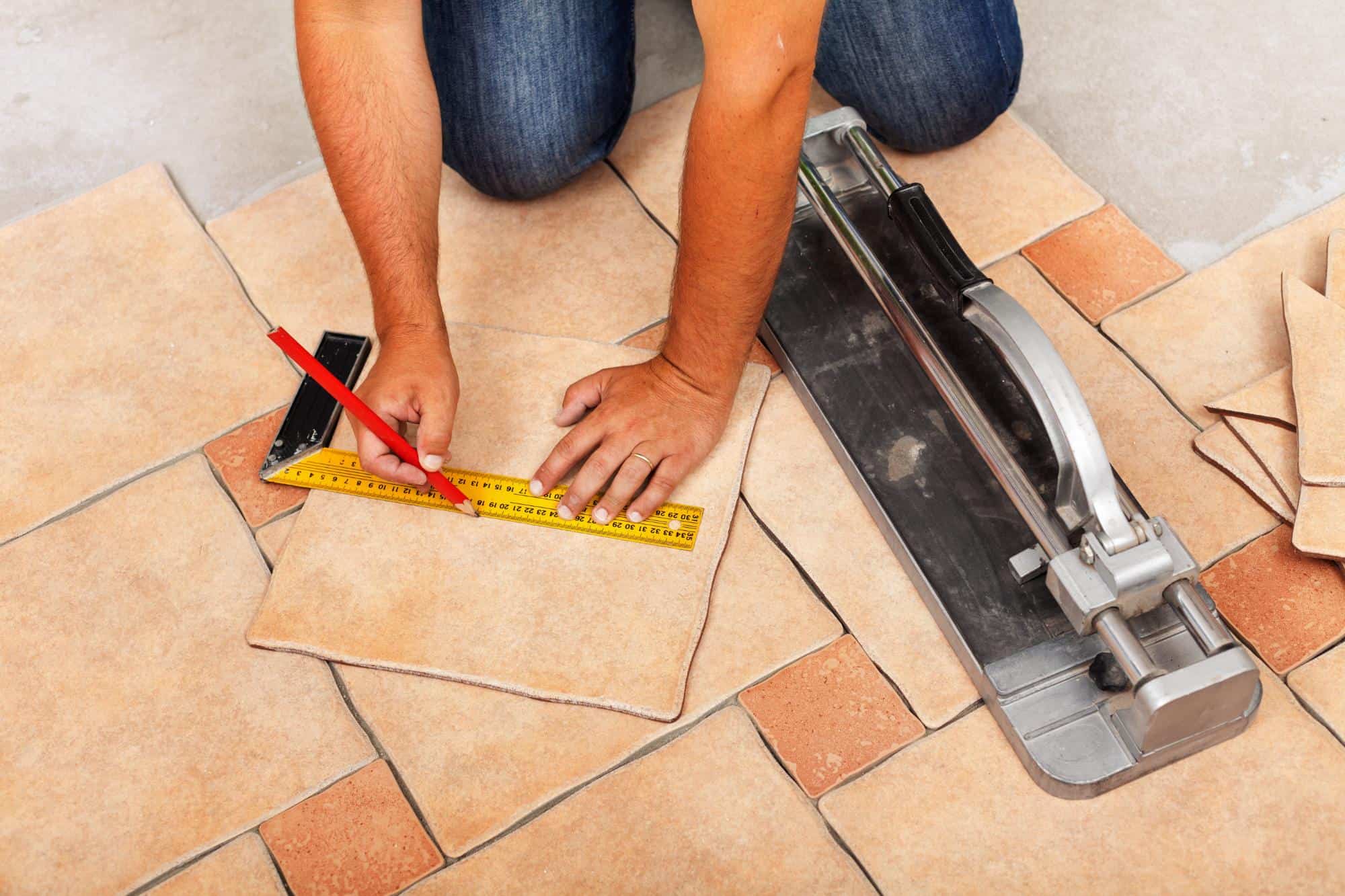
Local Resources
Useful Links
Ready To Restore The Beauty Inside Your Stone?
Contact us today!
Diamond Stone Restorations Corp
Company
Support
Useful Links